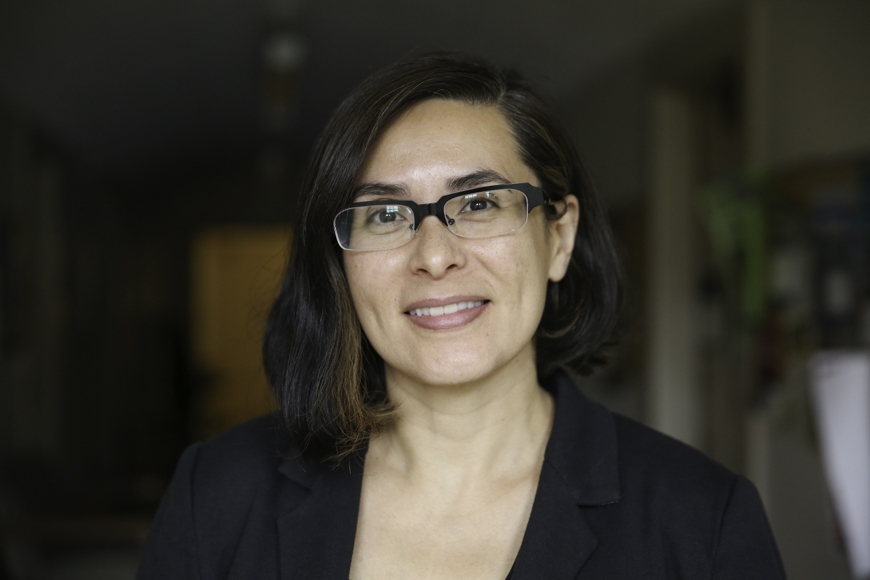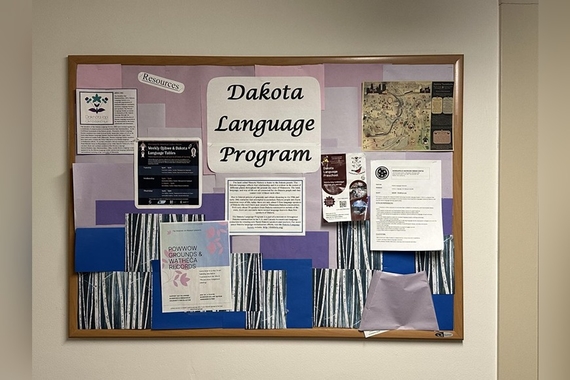Alaska and Settler Feminism
Juliana Hu Pegues was four years old when she moved from Taiwan to Alaska. She grew up on traditional and unceded Tlingit land that spans the Alaskan panhandle. The southeast region of Alaska is a temperate rainforest and has a population of around 80,000, almost half of whom are concentrated in Juneau.
Having been raised in the rugged Alaskan landscape, Hu Pegues originally set out to research Asian immigrants in Alaska. Her research interests were driven by her personal connection to the land and her Chinese heritage. This interest expanded, however, when she became a graduate student in American studies at the University of Minnesota.
“Last Frontier”
As a graduate student, Hu Pegues started critically analyzing the intersections between Indigenous Alaskans and Asian immigrants. She discovered that to talk about Alaskan history she needed to delve into Alaska’s colonial and imperial legacies. By looking at Alaskan history through a colonial lens, Hu Pegues laid the foundation for her two current book projects.
Alaska was one of settler colonialism’s final territorial conquests. Nicknamed “The Last Frontier,” Alaska is the largest and most sparsely populated state. As Hu Pegues learned about structural forces and the nuances of settler colonialism in her graduate program, she began to apply these theories to Alaska. It was at this intersection that the idea for Hu Pegues’ first book came to fruition.
Hu Pegues studied history and archival documents of Alaskan history and noticed a trend. Although Asian immigrants were present in the archives, they were missing from the history books. Historical works documented white gold miners and European immigrant involvement in the industrial development of Alaska, but the Asian immigrants are generally omitted. Looking at this, Hu Pegues believes this trend brings us to the modern-day where white settlers do not acknowledge racialized, nonwhite immigrants as part of the nation.
“Much of Alaska is majority Native,” says Hu Pegues. “Even to this day, nearly half of all federally recognized tribes are in Alaska, but we don’t always study Alaska within American Indian history… I think we should change that.”
Recognizing these historical inconsistencies, Hu Pegues hopes to call attention to the historical marginalization and connection of racialized immigrants and Native peoples. She believes that by bringing the history and culture of Asian immigrants and Alaska Natives to the forefront of the American consciousness, society will be able to acknowledge the violence inherent in white settlement.
Settler Feminism
Hu Pegues is already planning her second book. In her research for her first book, Hu Pegues uncovered a foundational narrative that drove her to explore the accepted histories of feminism and women’s suffrage.
Alaska was majority Native and Asian immigrant laboring class when legislation gave women voting rights in 1913. Hu Pegues suspected, however, that this legislation served as a maneuver to increase the white population as a demographic boost needed to argue for statehood. Intrigued by this, Hu Pegues looked further into first-wave feminist achievements and how they compared with historical narratives.
Before the Nineteenth Amendment, male politicians in the US West and in territories with majority Native populations gave women the right to vote. At the time, however, suffragists and first-wave feminists were predominantly active on the east coast with conventions like Seneca Falls in New York and the National Woman's Rights Convention in Massachusetts. This geographic discrepancy interested Hu Pegues, and she explores its implications in her book.
Alaska’s voting law served as a stepping stone into Hu Pegues’ research for her second book. For her, Alaska revealed a pattern wherein settler colonialism is embedded in American feminism. Her second book will explore these intersections and look critically at dominant historical narratives.
Where We Come From
Hu Pegues was awarded the McKnight Land-Grant Professorship for 2019-21. The goal of the professorship is to advance the careers of new assistant professors at a crucial point in their professional lives.
“To have the University’s support for this type of work is tremendous,” says Hu Pegues. “And to have both resources and time is invaluable.”
Hu Pegues’ two book projects convey the importance of reconciling and acknowledging the complex history of settler colonialism. Her first book, in particular, is “a way to hold the places we come from and make sense of our hometown violences while still understanding our deep respect… and love for these places.”
This story was written by an undergraduate student in CLAgency. Meet the team.



